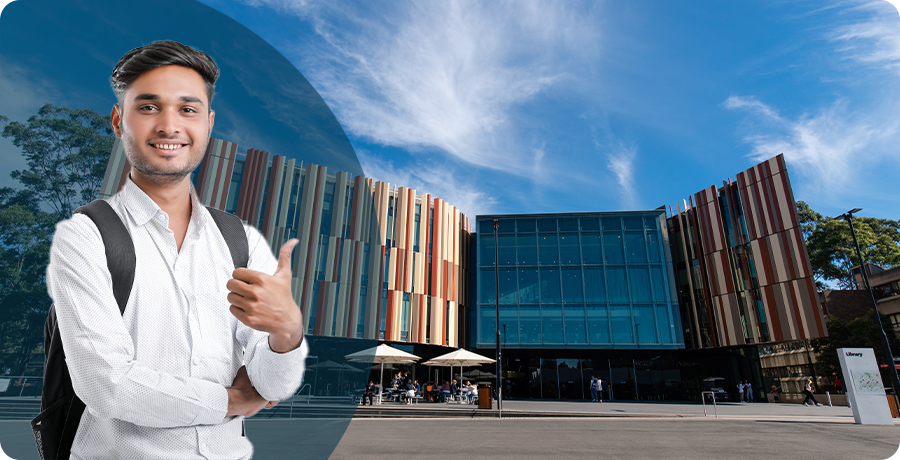Australia, known for its world-class education system and picturesque landscapes, has witnessed a remarkable surge in international student enrollments. According to recent reports, over 700,000+ foreign students are now studying in Australia. While this growth is undoubtedly a cause for celebration, there’s a flip side that demands attention, i.e., the soaring visa rejection rate.
The Highs:
A Booming International Student Community
Australia’s appeal as an educational hub has never been stronger. Its universities consistently rank among the top globally, offering a diverse range of courses across disciplines. From cutting-edge research facilities to vibrant campus life, students from around the world flock to Australia for an enriching academic experience.
For Indian students, Australia presents a unique blend of quality education, cultural diversity, and post-study work opportunities. The allure of gaining an international degree while exploring the Great Barrier Reef or hiking through the Outback is irresistible.
The Lows:
Visa Rejections on the Rise
Behind the glossy brochures and promises of a bright future lies a growing concern, i.e., the visa rejection rate. Obtaining study visas for Indian students who wish to pursue their dreams in Australia can be a challenging task. Here are some key factors contributing to this challenge:
-
Stringent Criteria: The Australian Department of Home Affairs has tightened visa regulations, making it harder for applicants to meet the eligibility criteria. Factors like financial stability, English language proficiency, and genuine intent are scrutinized rigorously.
-
Financial Constraints: While Australia offers part-time work options for students, the cost of living and tuition fees can strain their finances. Meeting the financial requirements for a visa becomes a daunting task, especially for middle-class families.
-
Increased Competition: As enrolments surge, so does the competition. Universities are flooded with applications, leading to stricter selection processes. Students with stellar academic records and compelling personal statements still find themselves facing rejection.
-
Changing Political Landscape: Geopolitical tensions and shifting immigration policies impact visa decisions. The delicate balance between national security and welcoming international talent remains a challenge.
The Impact on Indian Aspirants
For Indian students, the dream of studying in Australia is exciting and nerve-wracking. They invest time, money, and emotional energy into their applications, hoping for a positive outcome. However, visa rejections can shatter these dreams, leaving students disheartened and uncertain about their future.
Financial Strain and Mental Stress
Reapplying for a visa involves additional costs—more application fees, health insurance premiums, and travel expenses. The uncertainty of whether the next attempt will yield success adds mental stress. Families back home also bear the emotional burden.
Navigating the Uncertainty
Despite the challenges, Indian students persevere. They seek guidance from education consultants, improve their language skills, and explore alternative pathways. Some choose regional universities with more lenient entry requirements, while others opt for vocational courses.
A Call for Balance
Australia’s education sector must strike a balance. While maintaining high standards and safeguarding national interests, it should also recognize the immense contributions of international students. Streamlining visa processes, providing more precise guidelines, and offering support during rejections can make a significant difference.
Conclusion
As the number of Indian students in Australia continues to rise, policymakers, universities, and students must collaborate and work together. They will have to transform the visa rejection narrative into one of resilience, adaptability, and success. After all, education knows no borders, and every rejected visa is an opportunity to learn, grow, and try again.







.png)


.png)
.png)
